The Central Bank of Nigeria (CBN) recently held its 294th Monetary Policy Committee (MPC) meeting. This meeting, hosted at the CBN headquarters in Abuja, covered critical economic issues, including inflation, interest rates, and banking stability.
The committee focused on ways to guide Nigeria’s economy toward achieving balanced and stable growth despite its various challenges.
Key Points from the Meeting
1. Banking System Stability: The committee confirmed that Nigeria’s banking system remains robust, safe, and stable. They acknowledged the recent recapitalization initiative and emphasized the importance of maintaining strong regulatory oversight to ensure stability.
2. Inflation and Economic Growth: The MPC reviewed the current inflation rates and their economic impact. Nigeria’s domestic inflation rose to 33.69% in March, driven by food and core components. However, inflation declined in April, which was a positive sign. The National Bureau of Statistics reported that Nigeria’s real GDP grew by 3.46% in the fourth quarter of 2023, driven by the oil and non-oil sectors.
3. Monetary Policy Decisions: The committee had to decide whether to continue tightening monetary policy or hold off to observe the impact of previous rate hikes. After reviewing the risks and near-term inflation outlook, they decided to pull the policy further to build on the benefits of earlier rate hikes.
Global and Domestic Economic Outlook
The MPC discussed the global economic outlook, noting that global growth is projected at 3.2% for 2024 and 2025, according to the International Monetary Fund (IMF). Nigeria’s growth projection for 2024 was revised upwards to 3.3%.
However, tight financial conditions and disruptions in the global supply chain, driven by geopolitical tensions, pose significant risks. Despite these challenges, global inflation is expected to decelerate in 2024, although it might remain above the long-term objectives of advanced economies.
Press Questions and Responses
Question on Investor Confidence: A journalist asked about the apparent contradiction between reports of growing investor confidence in Nigeria’s market and claims of hesitancy among foreign investors.
The CBN Governor clarified that market confidence remains strong. He explained that investors come and go, which is expected in any market. He emphasized that ongoing dialogue and transparency efforts have bolstered investor confidence.
Question on Inflation and Small Businesses: Another journalist inquired about the persistent inflationary pressures affecting small businesses. The Governor acknowledged the challenges but pointed out that recent data shows a deceleration in inflation rates. He expressed confidence that the central bank’s measures will continue to moderate inflation over time.
Question on Bank Recapitalization: A question was raised about the recent recapitalization initiative and whether the CBN would share the plans with the public. The Governor reiterated the importance of a solid and resilient banking system, especially given Nigeria’s giant economy. He assured that the recapitalization program aims to strengthen banks and ensure they can absorb shocks. The CBN plans to review the banks’ submissions and communicate directly with them.
Question on Cyber Security Levy: A journalist asked about the controversial cyber security levy. The Governor explained that the levy originated from the Cybercrime Act of 2015 and was implemented by the CBN as required. However, following the federal government’s amendment of its position, the CBN withdrew the circular related to the levy.
Question on Remittances and IMTOs: The CBN’s strategy to double remittances through international money transfer operators (IMTOs) was questioned. The Governor highlighted the importance of remittances, representing about 6% of Nigeria’s GDP. He explained that the CBN has been engaging with IMTOs to address their challenges and encourages them to use formal channels for remittances. This initiative aims to increase competition and lower transaction costs.
Question on Fintech Regulation: The final question concerned the CBN’s decision to stop onboarding new accounts for fintech companies. The Governor clarified that fintechs have not been singled out for special treatment. Instead, the CBN is working to strengthen regulations and ensure the sector remains robust and compliant with anti-money laundering measures.
Conclusion
The CBN’s 294th MPC meeting highlighted the ongoing efforts to stabilize Nigeria’s economy amidst various challenges. The committee’s decisions on monetary policy, banking stability, and remittance strategies aim to foster economic growth and maintain investor confidence. The CBN’s commitment to transparency and regulatory oversight ensures that the banking and fintech sectors remain strong and resilient.

1 Comment
You must be logged in to post a comment Login
Leave a Reply
Cancel reply
Leave a Reply
You must be logged in to post a comment.


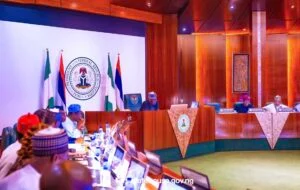

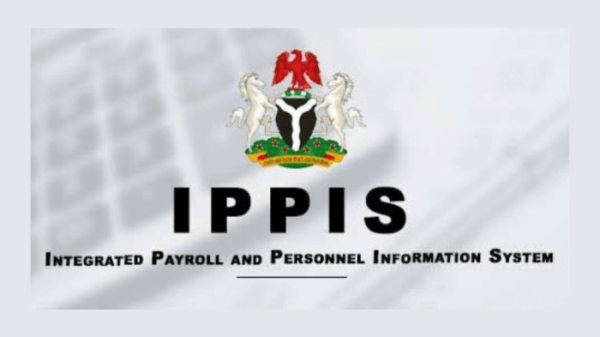
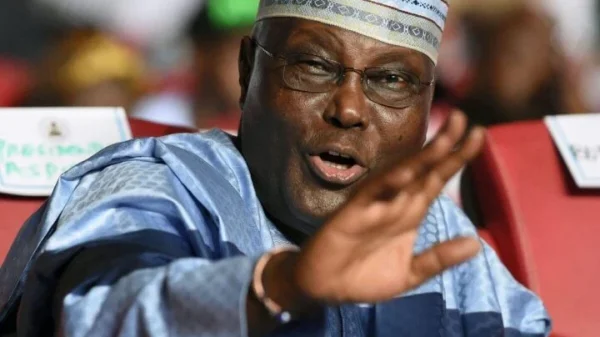








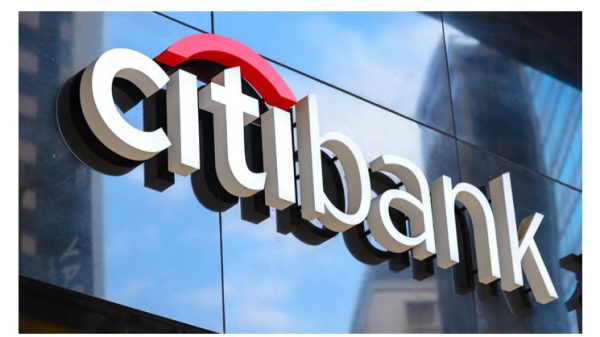

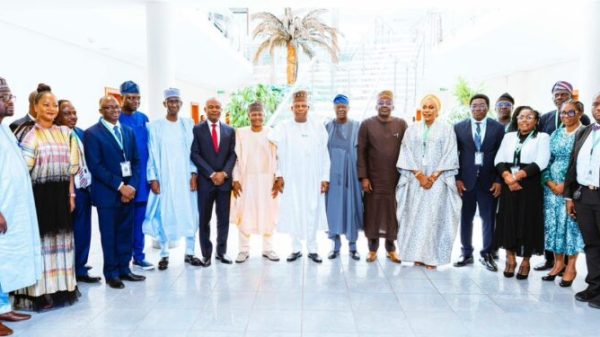
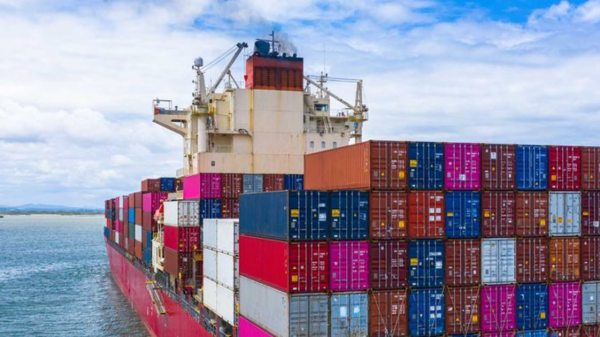

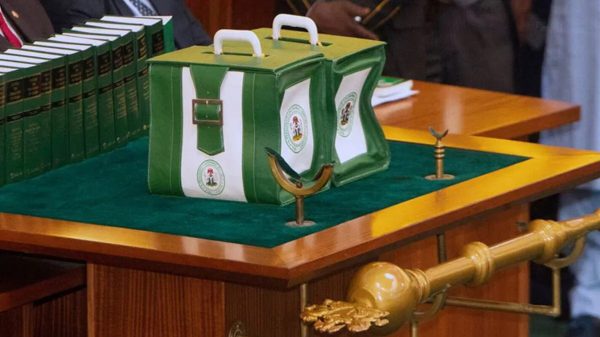


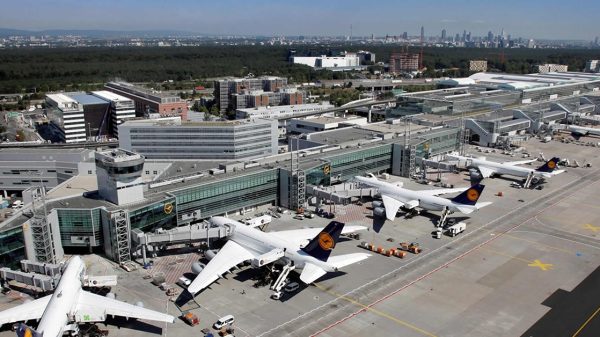
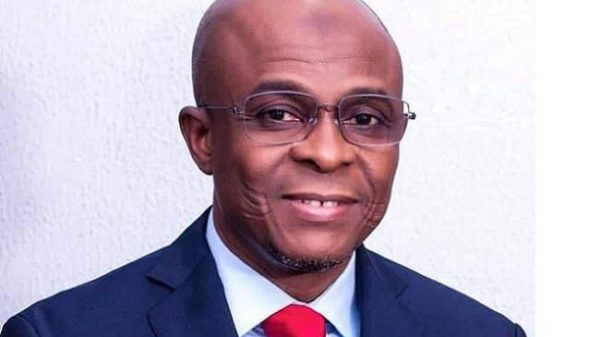

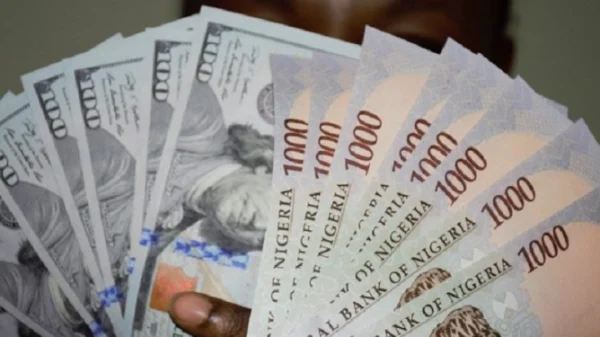














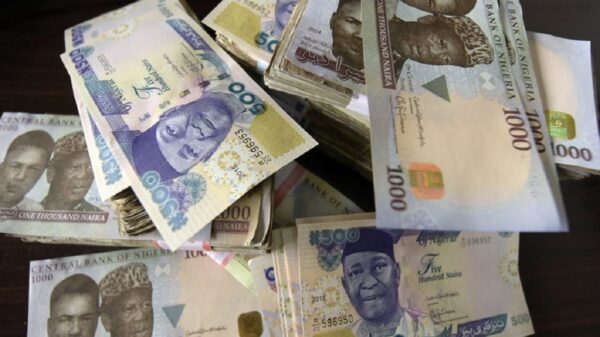







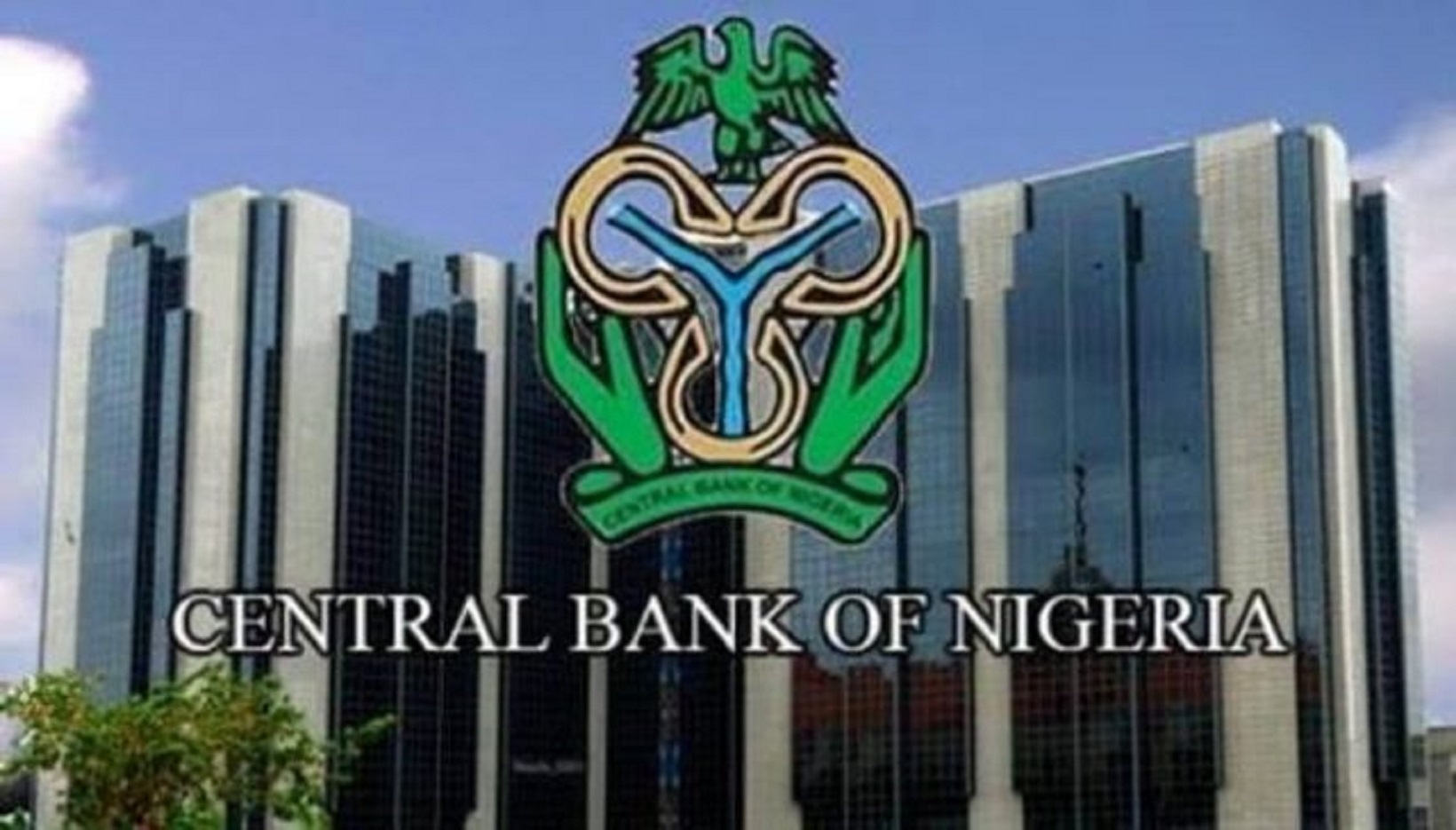

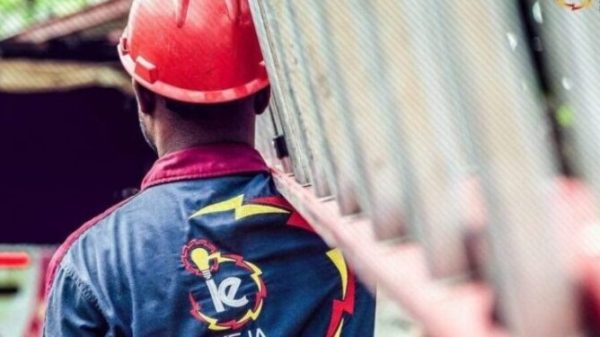





Pingback: CBN Releases Approved Guidelines for BDCs - KSBC Journal